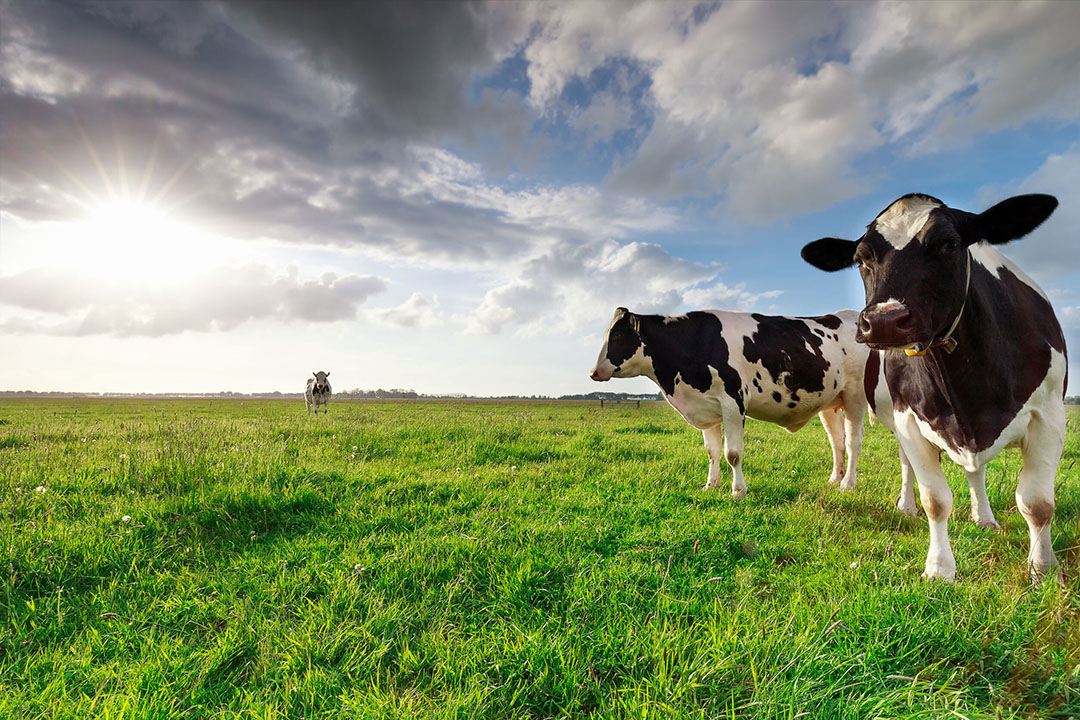
A Guide to Sustainable Animal Production Practices
Introduction
Are you looking to make a positive impact on the environment while still running a successful animal production business? Look no further! In this comprehensive guide, we will explore various sustainable animal production practices that can help you reduce your carbon footprint, increase efficiency, and improve animal welfare.
Sustainable animal production practices are essential for the long-term health of our planet. By implementing sustainable practices, you can reduce pollution, conserve natural resources, and protect biodiversity. In addition, sustainable animal production practices can lead to higher-quality products and increased profitability for your business.
What are Sustainable Animal Production Practices?
Sustainable animal production practices are methods that promote the well-being of animals, the environment, and the community. These practices focus on minimizing waste, using resources efficiently, and reducing the negative impact of production on the environment. Examples of sustainable animal production practices include rotational grazing, integrated pest management, and organic feed production.
Why is Sustainable Animal Production Important?
Sustainable 動物プロダクション animal production is important for several reasons. First and foremost, it helps to protect the environment by reducing greenhouse gas emissions, conserving water, and preserving natural habitats. Additionally, sustainable animal production practices can improve animal welfare, reduce the need for antibiotics, and create healthier and more nutrient-dense products for consumers.
Implementing Sustainable Animal Production Practices
Now that we understand the importance of sustainable 動物プロダクション animal production practices, let’s explore some practical ways to implement these practices on your farm or ranch.
Rotational Grazing
Rotational grazing is a sustainable practice that involves moving livestock to different pastures on a regular schedule. This helps to prevent overgrazing, improve soil health, and increase the efficiency of forage utilization. By implementing rotational grazing, you can reduce erosion, increase biodiversity, and improve the overall health of your pastures.
Integrated Pest Management
Integrated pest management (IPM) is a sustainable approach to controlling pests that minimizes the use of chemical pesticides. Instead of relying solely on chemicals, IPM focuses on cultural, biological, and mechanical methods to manage pest populations. By using IPM, you can reduce the negative impact of pesticides on the environment, protect beneficial insects, and lower production costs.
Organic Feed Production
Producing organic feed for your animals is another sustainable practice that can benefit both your farm and the environment. Organic feed is free from synthetic pesticides, herbicides, and genetically modified organisms, making it healthier for your animals and the ecosystem. By sourcing organic feed locally, you can support small-scale farmers, reduce transportation emissions, and create a more sustainable food system.
Conclusion
In conclusion, sustainable animal production practices are crucial for the health of our planet and the future of the agriculture industry. By implementing practices such as rotational grazing, integrated pest management, and organic feed production, you can reduce your environmental impact, improve animal welfare, and create a more resilient and profitable farm. So, why wait? Start implementing sustainable 動物プロダクション practices today and make a positive difference for generations to come.
By following these simple guidelines, you can make a significant impact on the environment while still running a successful animal production business. So, what are you waiting for? Start implementing sustainable practices today and reap the benefits for yourself, your animals, and the planet.








